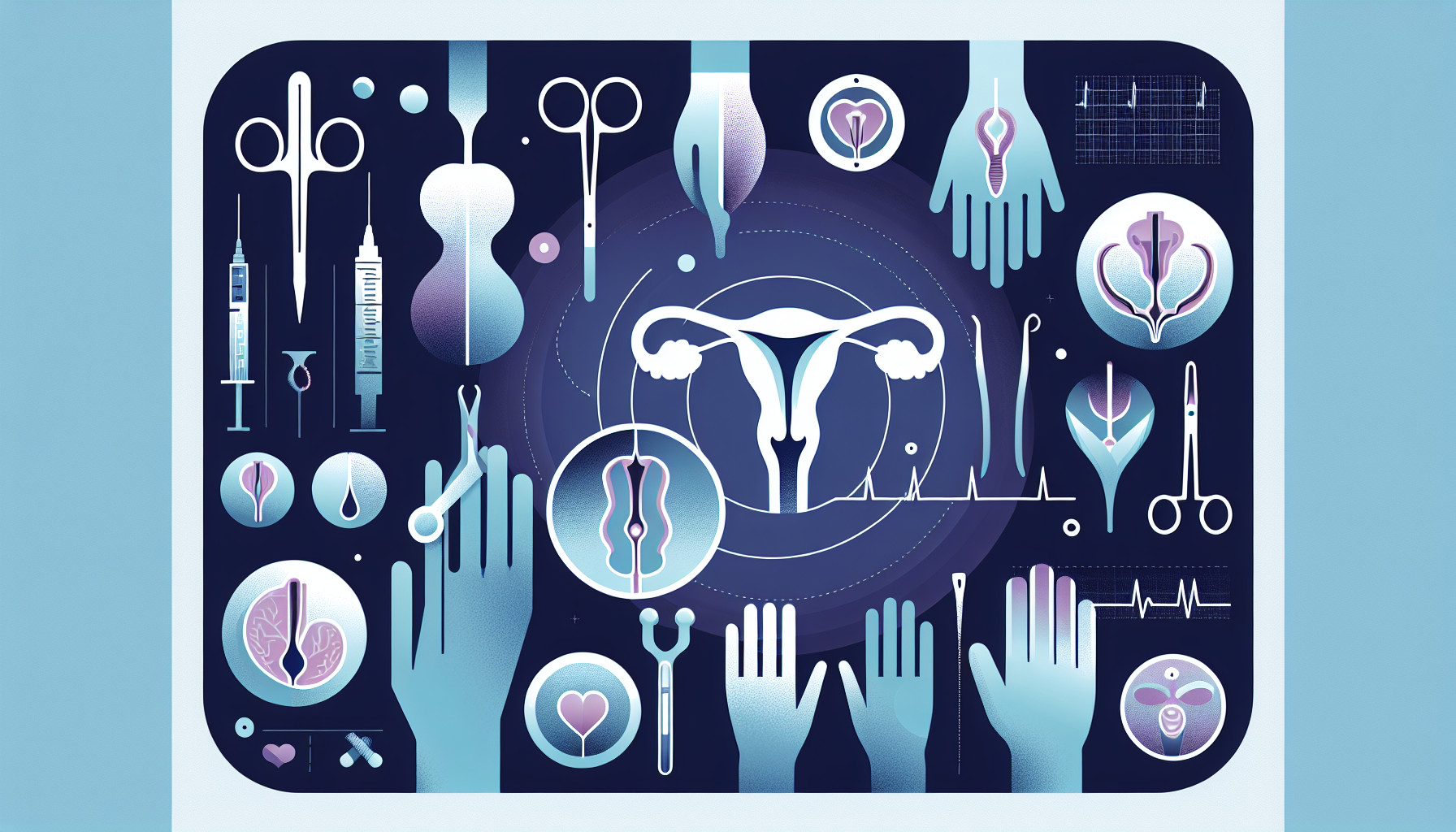Our Summary
In this research paper, the authors discuss the various complications that can occur after a transgender woman undergoes vaginoplasty surgery - a procedure to create a vagina. Some of these complications are minor and can be treated easily, while others are more serious and require ongoing care. These issues can happen immediately after the surgery or develop over time, and can include bleeding, infection, slow wound healing, narrowing of the new vagina, damage to internal organs, and abnormal connections between organs. The paper also mentions that patients may experience issues with their pelvic floor muscles after surgery. The authors stress the importance of surgeons and other healthcare providers being aware of these potential complications, as well as the various ways to manage and treat them.
FAQs
- What are some possible complications after vaginoplasty surgery for transgender women?
- What are minor and major adverse outcomes of vaginoplasty surgery?
- What should providers be aware of when caring for postoperative vaginoplasty patients?
Doctor’s Tip
One helpful tip a doctor might tell a patient about vaginoplasty is to closely follow postoperative care instructions to reduce the risk of complications. This may include proper wound care, avoiding heavy lifting or strenuous activity, and attending follow-up appointments to monitor healing progress. It is important to communicate any concerns or symptoms to your healthcare provider promptly to address any potential issues early on.
Suitable For
Patients who are typically recommended for vaginoplasty surgery are transgender women who desire gender affirmation surgery to align their physical appearance with their gender identity. These patients may have undergone hormone therapy and counseling as part of their transition process. Vaginoplasty surgery creates a neovagina using the penile and scrotal tissue, allowing transgender women to have a more feminine genital appearance and function. It is important for patients considering vaginoplasty to have realistic expectations about the outcomes and potential complications of the surgery.
Timeline
Before Vaginoplasty:
- Patient undergoes psychological evaluation and counseling to determine readiness for surgery
- Patient undergoes hormone therapy to promote feminization of the body
- Patient receives education and counseling on the surgical procedure and potential risks and complications
- Patient undergoes preoperative testing and medical clearance for surgery
After Vaginoplasty:
- Immediately after surgery, patient may experience pain, swelling, and discomfort
- Patient is monitored closely for complications such as bleeding, infection, and wound healing issues
- Patient may need to stay in the hospital for a few days for recovery
- Patient will need to follow postoperative care instructions, including keeping the surgical site clean and avoiding strenuous activities
- Patient may need to undergo dilations to prevent neovaginal stenosis
- Patient may experience pelvic floor disorders such as urinary incontinence or pelvic pain
- Patient will have follow-up appointments with their surgeon to monitor healing and address any complications
- Patient may need ongoing care and support for physical and emotional recovery from surgery.
What to Ask Your Doctor
- What are the potential risks and complications associated with vaginoplasty surgery?
- How common are complications after vaginoplasty surgery?
- What steps can I take to reduce the risk of complications during and after surgery?
- How will my recovery process look like, and what signs of complications should I watch out for?
- What are the options for managing and treating complications if they occur after surgery?
- How long will it take for me to fully recover from vaginoplasty surgery, and what follow-up care will be necessary?
- Are there any specific activities or lifestyle changes I should consider to promote healing and reduce the risk of complications?
- What is the success rate of vaginoplasty surgery in terms of achieving the desired aesthetic and functional outcomes?
- How experienced are you in performing vaginoplasty surgeries, and what is your track record in terms of patient outcomes and satisfaction?
- Can you provide me with references or connect me with past patients who have undergone vaginoplasty surgery with you?
Reference
Authors: Ferrando CA. Journal: Clin Plast Surg. 2018 Jul;45(3):361-368. doi: 10.1016/j.cps.2018.03.007. Epub 2018 Mar 31. PMID: 29908624
